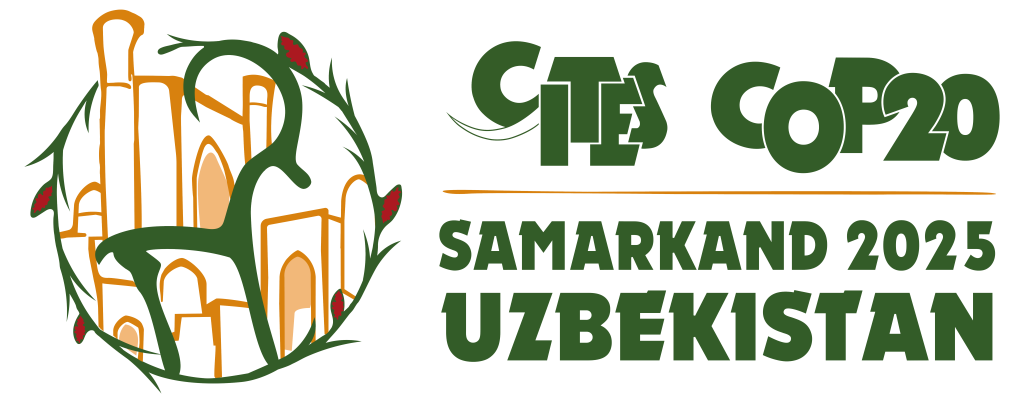It is widely agreed that the International Whaling Commission is dysfunctional. Such is its dysfunctionality that it holds the distinction of being the only international organization that has undertaken a multi-year adventure to “normalize” its workings – a development that predictability failed. Since then, the IWC has drifted with little purpose, perfunctorily completing its processes in the Scientific Committee while kicking around various other issues. Ultimately, however, it is an organization without purpose, reclining resplendent in a stalemate that sometimes is approvingly referred to as a status quo.
What gets lost among all the pointless bickering is that whale populations are actually doing reasonably well in spite of – or perhaps because of – the IWC’s dysfunctionality. Minke whales are abundant, humpbacks have recovered strongly and whale harvesting presents no threat to the future of any stocks that come under the IWC’s control. The only reason for any concern comes from animal rights groups and their supporters who are obliged to somehow fit square peg data into a mock round peg doom and gloom narrative of falling whaling numbers.
Any normal organization would utilize its plenary to build on the good and develop plans to rectify the bad. Instead, IWC 66 will once again waste time admonishing a research program that is clearly sustainable and well-conceived, debate a so-called “sanctuary” that serves no scientific or conservation purpose, and steadfastly ignore a quota for small type coastal whaling precisely because it lays bare the flimsy arguments against the limited and carefully managed commercial exploitation of abundant whales.
Global problems like starvation, poverty and wildlife trafficking pale by comparison.
IWMC urges all delegates – including those from fellow NGOs – to talk constructively and honestly about the issues at IWC 66. After all, the plenary room will be full of very clever people with impressive academic and professional qualifications. Could there not be an open discussion about the value of the moratorium?
Perhaps a constructive and calm plenary could provide the platform for the IWC to rediscover its functionality. A functional IWC might even reveal to the world how nations can cooperate effectively on broader wildlife and conservation issues. Yes, the IWC could, one day, set a positive example for the benefits of international wildlife regulation, instead of being the poster child on its limitations. Now, that is a sense of purpose that is worth fighting for.


